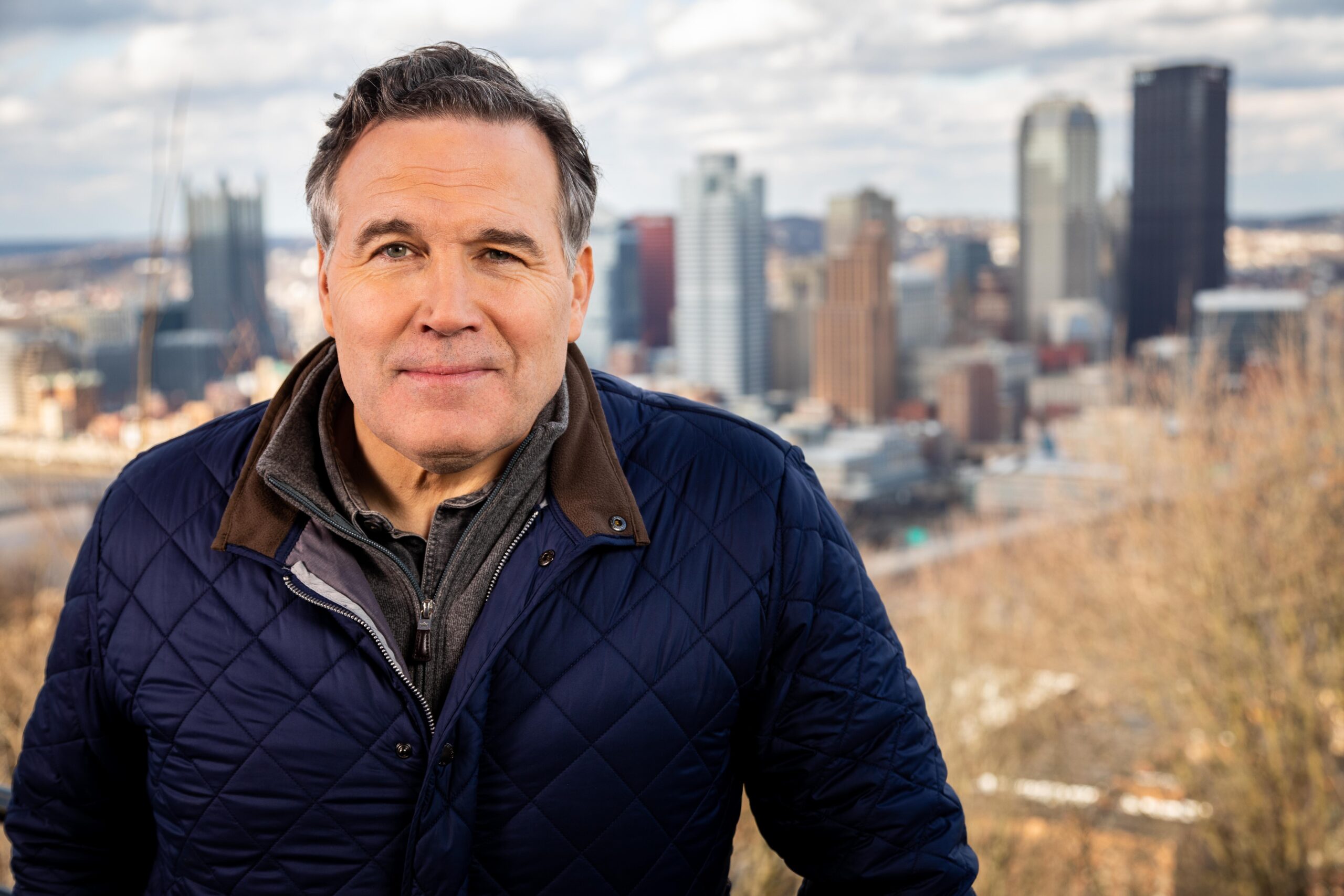(This article first appeared in Broad + Liberty.) State Senator Jimmy Dillon, a Philadelphia Democrat, has dozens of questionable expenses in his official state spending reports as well as his campaign account, such as summertime gas fill-ups along the Jersey shore, expensive floral purchases, and expenses at bars and restaurants on Christmas Day and New […]


